Introduction:
If everybody in the world jumped out of a window, would you? This question may seem irrelevant at first, however, it has more to it than what meets the eye. If everybody were to jump out since everyone is doing it would the significance and danger of the act have the same level? Throughout this paper I will explore whether markets promote behaviors that could be morally questioned and whether or not we as a society should rethink their role and place. Although the question above may seem irrelevant to the topic at hand now, as we explore markets and what the market environment entails the relation between the two will be clearer. I will evaluate the aforementioned points through the use of two articles: “Falk, A., and Szech, N. (2013). Morals and markets” and “Benabou, R. and Tirole, J. (2010)”. Moreover, through questioning and evaluating the current world order I will create an argument which in turn will allow to dive deeper into the subject to explore the research question. In the following essay I will partially agree with the research question at hand. With the findings I support the statement that markets do incentivize individuals to commit morally questionable acts however I conclude that rethinking the role and place of the markets won’t be nearly as effective as creating an environment where individuals hold each other accountable to a greater extent and government involvement is larger within the context of
regulations.
Market:
To explore the effects of markets on morality we need to fully grasp what a market is. A market is not a physical entity but is “a meeting together of people for the purpose of trade by private purchase” – Merriam-Webster. Thus, a market is not an entity on its own but a noun used in order to describe a collection of people who are looking to make transactions of goods/services that benefit them. Markets are useful because they create a space where buyers and sellers come together, and this creates competition. A competition between sellers on who will be able to sell, say a chair, for the cheapest. And a competition between buyers on who is willing to pay the most for this chair.
The competition between the sellers in this chair market on who will be able to sell it the cheapest brings about productivity, efficiency, innovation, and technological improvement to reduce costs. Therefore, although markets themselves are not a physical entity they bring about these very important factors that have allowed and will allow humans to evolve and develop.
Morality within the Market:
Falk and Szech(2013) conducted a study to investigate this relationship between markets and morality and they found out that people were more willing to let the mouse die when it was within the buying/selling context then when they were asked on a individual basis. They took this as evidence that markets do corrupt the moral values of individuals participating in the market and I would agree with this statement. However, as I’ve discussed before a market is nothing other than a collection of people making transactions. With this in mind, is it the market that corrupts the values of these individuals or is it the simple fact that once people see other individuals already involved in a certain type of action, in this case selling the mouse, its easier for them to do so as well. I would argue the latter. Moreover, a collection of people doing transactions also brings about competitive instincts which also makes it easier to commit these immoral acts. Coming back to my very initial point couldn’t it be said that if everybody jumped out of a window, it would be more normal, easier for you to jump out as well?
Increased Accountability:
As discussed before markets create an environment that brings about innovation and progress which is very desirable for the economy. Also knowing what we do now it can be said that the moral corruption that occurs in individuals within a market is related to the collection of people, and the competitive environment it brings. Therefore, although the fact that markets corrupt morality can be argued, since the collection of people is created through the market, the argument of rethinking its place and role is invalid. This is due to the simple fact that “a market” is just a resemblance of individuals making transactions collectively. A more effective method to approach would be holding those individuals accountable as a society. As Benabou and Tirole(B&T) have concluded within their paper, individuals care about their social image therefore getting these individuals to hold each other accountable would be an effective method. Moreover, it can be argued that the caring of one’s social image is a byproduct of a market setting which creates pro-social behavior by itself. Getting individuals to hold others accountable would also work in a broader sense in the market due to the Corporate Social Image aspect. As discussed by B&T, CEO’s of companies are more involved
with the short term aspect of the company. However, if companies were to be held more accountable in the present it would bring CEO’s and their companies to a new light hence incentivizing them to be more pro-social. Ghanem, Kassem A. and Castelli, Patricia A. (2019) also argue the positive relation accountability and morality have. Within their study they conclude increased accountability in a market structure is an effective method to increase ethical values and therefore morality.
Increased Regulation: Another effective method would be to get the government involved with appropriate punishments for immoral acts. Hence, increasing regulations, thus disincentivizing individuals from committing these acts and creating a market environment that is more moral. More regulation would create pressure on companies to be more prosocial as well due to the fear of negative publicity driving down profits.
Conclusion:
In conclusion markets do seem to demonstrate a demoralization on individuals. However, this is not a result of the market itself but more of a consequence of the collection of people and the competitive environment that creates. Therefore, although I partially agree with the market’s corrupt morality argument, I do not agree that we need to rethink their role and place in society. I believe pursuing this would only lead to inefficiency and negative externalities which would have heavier consequences than the current order. When all things considered I suggest getting individuals to hold each other more accountable and getting the government more involved in terms of regulations.
Bibliography:
(2022). Retrieved from https://www.merriam-webster.com/dictionary/market
Ghanem, K., & Castelli, P. (2019). Accountability and Moral Competence Promote Ethical Leadership. Journal Of Values-Based Leadership, 12(1). doi: 10.22543/0733.121.1247
Falk, A., & Szech, N. (2013). Morals and Markets. Science, 340(6133), 707-711. doi: 10.1126/science.1231566
BENABOU, R., & TIROLE, J. (2010). Individual and Corporate Social Responsibility. Economica, 77(305), 1-19. doi: 10.1111/j.1468-0335.2009.00843.x
Share:
Related Articles

What Awaits the Business World? A St ...
Digitalization is no longer just a technological trend but a necessity for ...

Digital Transformation in Conflict M ...
Conflict is a reality we encounter in all aspects of life. Whether at home, ...

The Road to Success: Market Dynamics ...
In today’s rapidly changing market conditions, the importance of management ...

Leadership in the Digital Age: A New ...
Leadership in the digital age requires embracing continuous learning, innov ...

Mastering Risk Management
Mastering risk management is not merely an option for businesses but a nece ...

International Banking in Germany: A ...
Germany, with its strong industrial structure, high-technology products, an ...
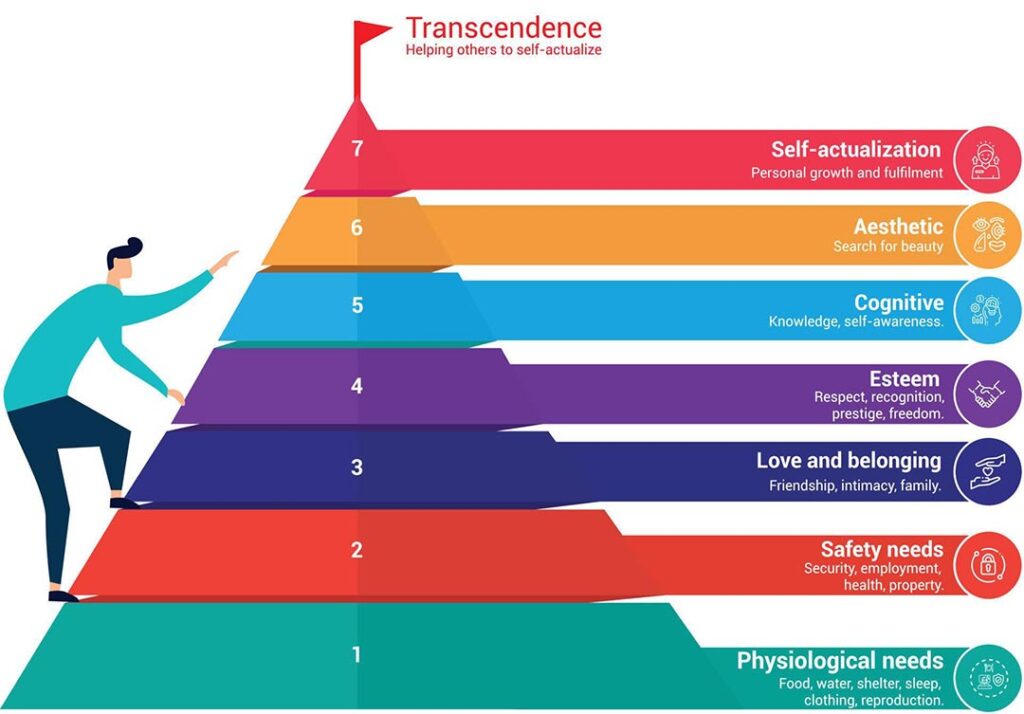
Leadership and Maslow's Hierarchy of ...
Abraham Maslow's hierarchy of needs is a fundamental psychological theory u ...

Leadership and Sustainability of Org ...
Today's business world is characterized by continuous change, technological ...

The Importance of Coaching Skills f ...
The Importance of Coaching Skills for LeadersCoaching skills are essenti ...

Fintech in Turkey: The Rise of Finan ...
Fintech in Turkey: The Rise of Financial Technology

Bancassurance
Bancassurance is a business model that is among the financial services offe ...

Banking and Frankfurt
When the banking and finance sector in Europe is analyzed, it is seen that ...

Digital Banking and Germany
Digital banking is a banking service where customers can do their banking o ...

Banking in Germany
Euro used since 2002 in The Eurozone, the currency of 19 EU members. There ...
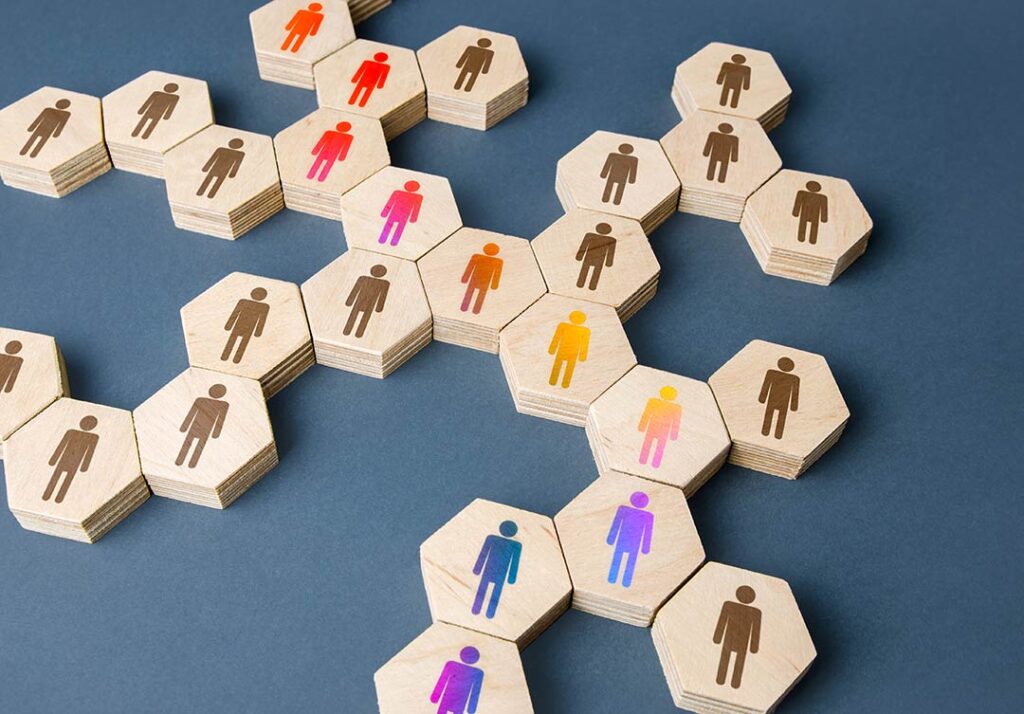
Strategic Communication
Strategic communication plays a critical role in the success of an organiza ...

Importance of Supply Chain
The supply chain is a critical factor in which a company manages the flow o ...

Key to Success: Going Digital
Digital transformation is a transformation process that aims to increase th ...

Welfare
Poverty and inequality are one of the biggest challenges the current societ ...

ChatGPT
ChatGPT, developed by the OpenAI company known for its work and research in ...

What is Emotional Intelligence and w ...
Emotional intelligence (also known as emotional quotient or EQ) is the abil ...

The Importance of Women's Employment ...
Women's participation in the workforce is closely related to the level of d ...

Digital Banking II – Digital Banking ...
A serious step taken for the spread of “digital banking” in Turkey, providi ...

The Perception of Morality within Ma ...
If everybody in the world jumped out of a window, would you? This question ...

Digital Banking
Digital banking is a banking technology that offers customers the opportuni ...

Banking, Artificial Intelligence and ...
We have heard the concepts of metaverse, artificial intelligence and machin ...

Green Asset Ratio
Sustainable finance has an important place among the investments made for t ...

Servant Leadership
There is an effective form of management that we often hear about today: se ...

Sustainability In The Global Banking ...
Before Covid-19 wreaked havoc on the world’s economies, the global banking ...

Revolution of Digital Banking
With the European Central Bank considering to investigate for a digital cur ...

Taking Action and Making Decisions i ...
Uncertainty is the fact that an event is not within the framework of certai ...

Wind of Change
Change is an important concept that must be managed for employees at all le ...

Organizational Justice
“What is justice? Giving water to trees. What is injustice? To give water t ...

Open Banking
Digital transformation has started to show its effects in every aspect of o ...

Digital Literacy And Corporate Life
There are many innovations that managers and employees need to follow in or ...

Financial Literacy
The words money and economy are two important concepts that have a great pl ...

Sustainability and Bank
The solutions we have found to our various needs throughout history and ada ...
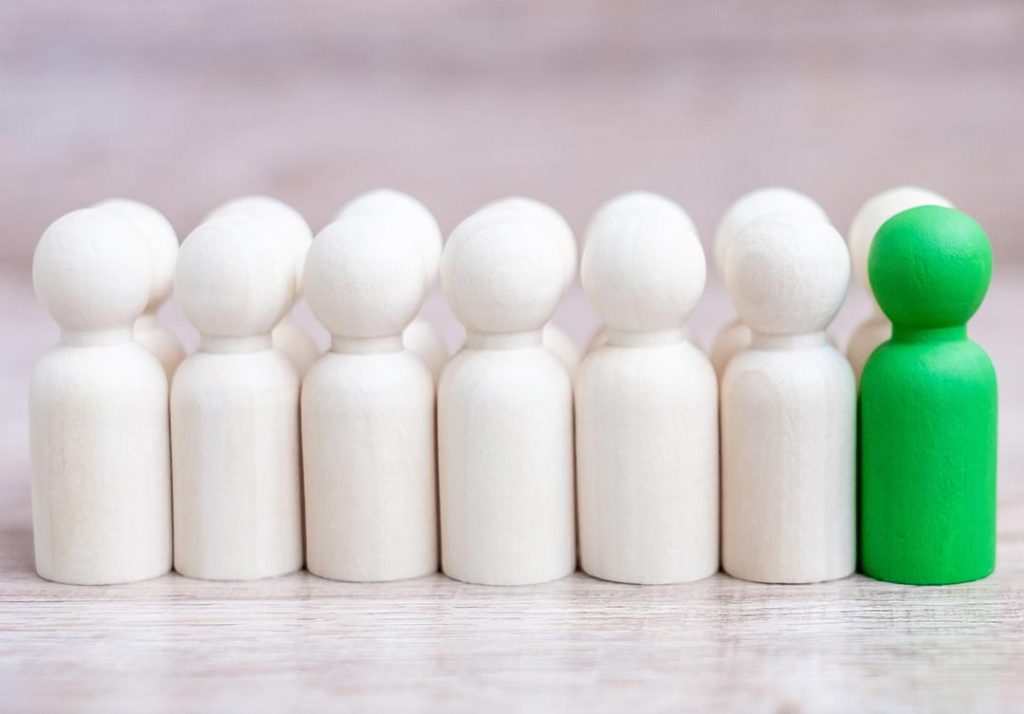
Adaptability, Flexibility and Leader ...
Being able to adapt to changing conditions is very, very important not only ...

Creativity and Leadership Relationsh ...
The world is getting more competitive every day. For this reason, the servi ...

Competitive Analysis and Banking Sec ...
Competition analysis requires you to examine your direct and indirect compe ...

Delegation in Management
The statements "two heads are better than one" or "teamwork makes the dream ...

Climate Change
All creatures evolve to best adapt to environmental impacts. Those who are ...

Change of Banking Service Channels i ...
Global crises such as the pandemic, force the existing structures to change ...

Innovation
It is undeniable that innovation has a very important place in today's worl ...

Artificial Intelligence
Artificial intelligence is no longer just something specific to science fic ...

Entrepreneurship
Entrepreneurship is the process of starting a new business that incorporate ...
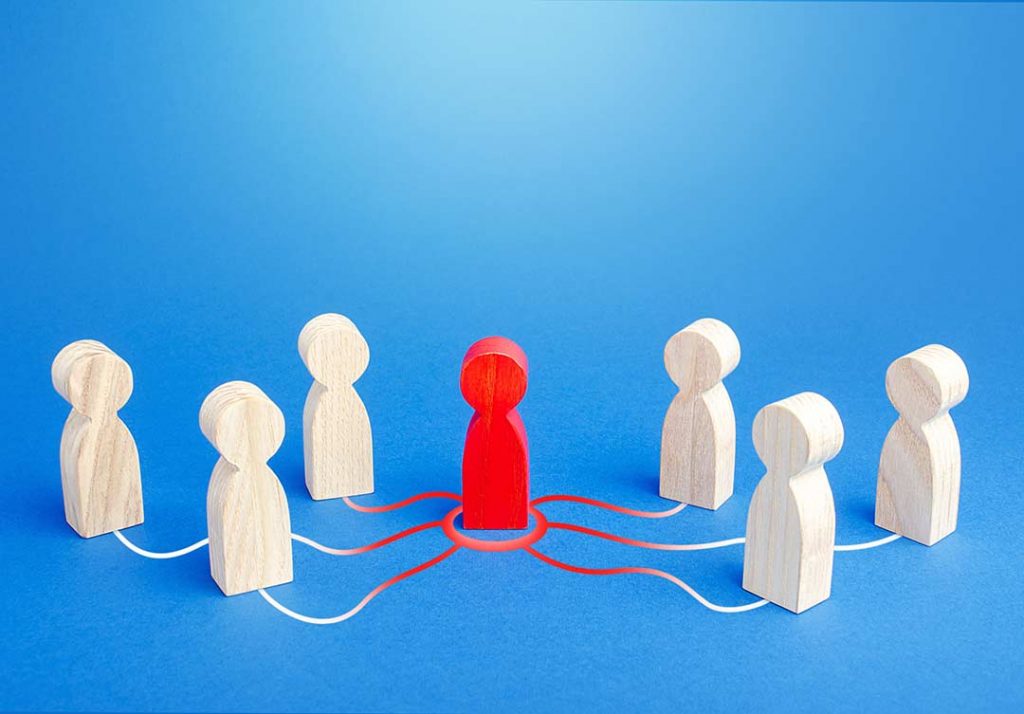
Global Leadership
The world is changing day by day and the information we have today is out o ...
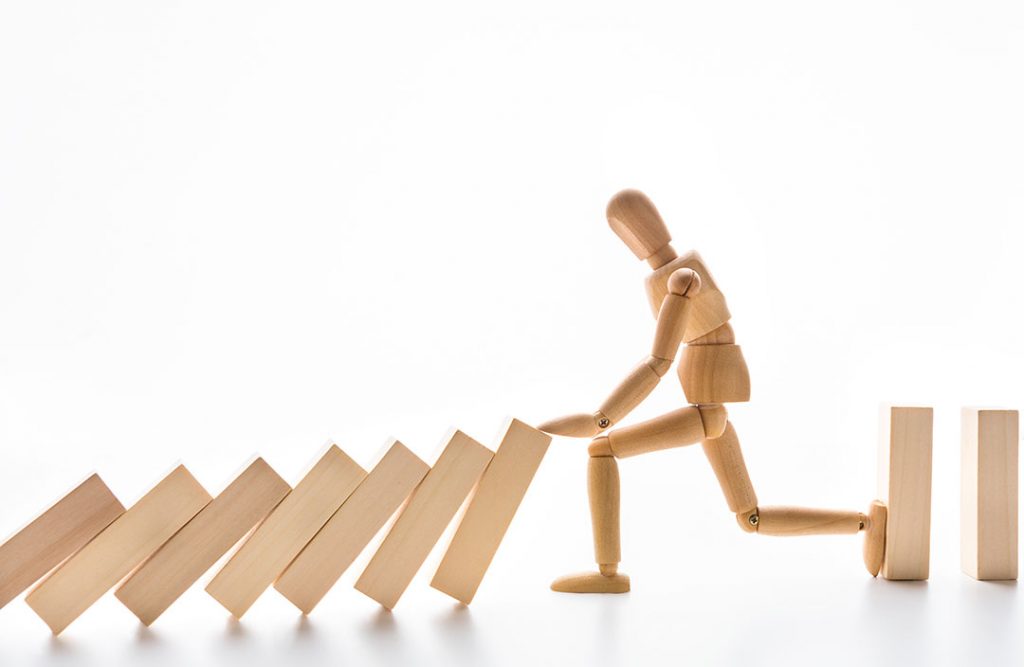
Resilience and Leadership
We encounter many events in life that cause us difficulties and stress. How ...

Entrepreneurial Spirit for Leaders
Why is important for success? The conventional perception of entrepreneursh ...

Finance Leadership in a Pandemic
Crises bring along a period in which institutions need to review their fina ...

Crisis Management
Crisis is a state of tension that puts the existence and goals of an organi ...

Strategic Leadership and Pandemic
Strategic Leader is the person who sets the roadmap to achieve the ultimate ...

Awareness, Appreciation, Success
It is very important for a person to recognize himself, discover his power ...

Woman and Career
People who are raised by unemployed mothers have a mother model in their mi ...
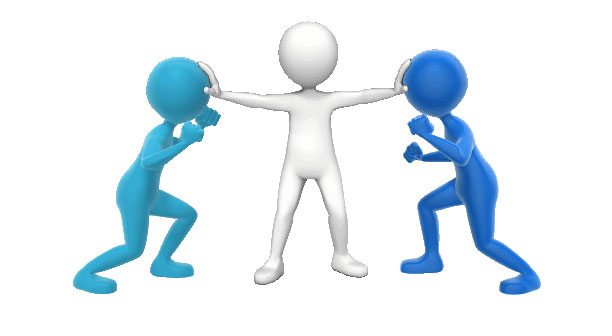
Conflict Management
In the broadest sense, conflict is disagreement between two or more people ...
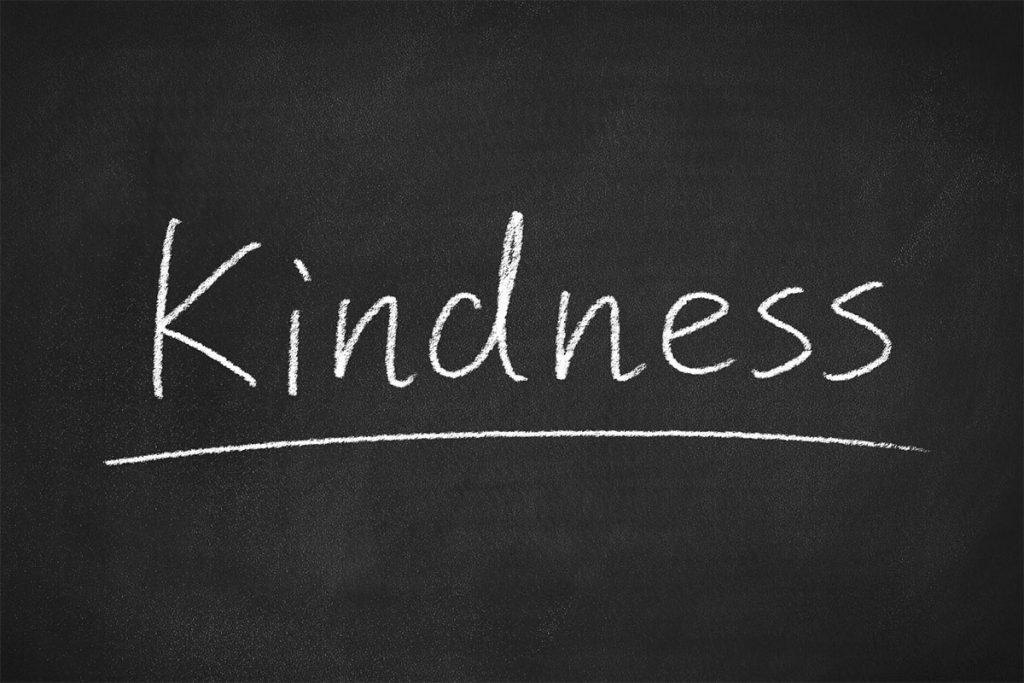
Leading with Kindness
Kindness is an important virtue. Kindness in all areas of life makes relati ...

Smart Meetings
Meeting management is the process of managing all stages and components of ...

Negotiation Management
Negotiation is defined as a dialogue aimed at reaching a common and benefic ...

Virtual Leadership
The repercussions of the digitalization process in business life were sprea ...

Manager and Patience
Patience is an important concept in management. Patience is active, not pas ...

Being All Ears
Human beings differ from other creatures in their way of communicating. Com ...

Networking
The fact that managers in the corporate world act with awareness of network ...

Asking Strong Questions
For managers, asking a strong question is an important skill. Managers, who ...

Managing Yourself
The manager at work is in communication with the other parts of the busines ...

Mental Immunity
In the fight against Coronavirus (Covid-19) pandemic, knowledge and awarene ...

